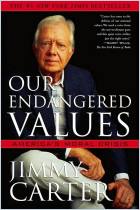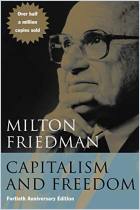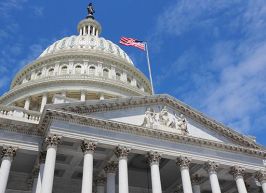Join getAbstract to access the summary!

Join getAbstract to access the summary!
Kevin M. Kruse
One Nation Under God
How Corporate America Invented Christian America
Basic Books, 2015
What's inside?
The political and business elite in the United States rewrote America’s religious narrative for profit and power.
Recommendation
This detailed, eye-opening history of religious nationalism in the United States may shock and upset some readers. However, Princeton University history professor Kevin M. Kruse offers a clear reporting path in his exploration of almost a century of lies, manipulation, and hypocrisy among some of America’s business elite, star preachers, and presidents in pushing a religious agenda for profit and power. Kruse details the role of an eager populace in allowing what he sees as false religion to reach into all aspects of life, including schools. He argues that, if not for the Supreme Court and the resistance of ordinary pastors, priests, and rabbis, the United States might now resemble a Christian theocracy.
Summary
About the Author
Princeton University history professor Kevin M. Kruse is also the author of The Division: John Doar, the Justice Department, and the Civil Rights Movement; White Flight: Atlanta and the Making of Modern Conservatism and Fault Lines: A History of the United States Since 1974. He is the co-author with Julian E. Zelizer of the New York Times bestseller Myth America: Historians Take on the Biggest Legends and Lies about Our Past. He won a 2019 Guggenheim Fellowship and is known for his social media posts offering historical context for current events.


















Comment on this summary